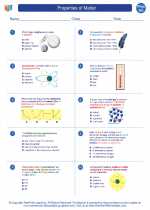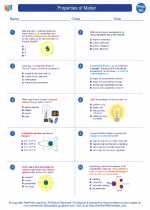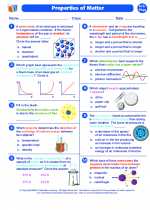Guanine
Guanine is one of the four main nucleobases found in the nucleic acids DNA and RNA. It is a purine derivative, and along with adenine, cytosine, and thymine (or uracil in RNA), it plays a crucial role in the genetic code and protein synthesis.
Structure of Guanine
Guanine has a heterocyclic aromatic structure consisting of fused pyrimidine and imidazole rings. Its chemical formula is C5H5N5O, and it forms hydrogen bonds with cytosine in DNA and with cytosine or uracil in RNA.
Functions of Guanine
- Genetic Code: Guanine pairs with cytosine in DNA and with cytosine or uracil in RNA, forming the complementary base pairs that are essential for the replication and transcription of genetic information.
- Protein Synthesis: Guanine is involved in the process of translation, where the genetic information encoded in DNA and RNA is used to produce proteins.
- Regulation of Gene Expression: Guanine, along with other nucleobases, plays a role in regulating the expression of genes through mechanisms such as epigenetic modifications and gene silencing.
Study Guide
To understand and learn about guanine, it is important to focus on the following key points:
- Understand the chemical structure of guanine and its relationship to the other nucleobases.
- Learn about the role of guanine in DNA replication and transcription, as well as its involvement in RNA function.
- Explore the mechanisms through which guanine contributes to protein synthesis and gene expression regulation.
- Study the ways in which guanine interacts with other molecules within the context of molecular biology and genetics.
- Practice identifying guanine within nucleic acid sequences and understanding its significance in the context of genetic information.
By mastering these concepts, you will develop a comprehensive understanding of guanine and its importance in the field of molecular biology and genetics.
[Guanine] Related Worksheets and Study Guides:
.◂Physics Worksheets and Study Guides High School. Properties of Matter
Worksheet/Answer key Properties of Matter
Properties of Matter  Worksheet/Answer key
Worksheet/Answer key Properties of Matter
Properties of Matter  Worksheet/Answer key
Worksheet/Answer key Properties of Matter
Properties of Matter  Worksheet/Answer key
Worksheet/Answer key Properties of Matter
Properties of Matter 

 Worksheet/Answer key
Worksheet/Answer key
 Worksheet/Answer key
Worksheet/Answer key
 Worksheet/Answer key
Worksheet/Answer key

The resources above cover the following skills:
Concepts of Physical Science: A student should understand and be able to apply the concepts, models, theories, universal principles, and facts that explain the physical world. A student who meets the content standard should:
Develop an understanding of motions, forces, their characteristics and relationships, and natural forces and their effects.